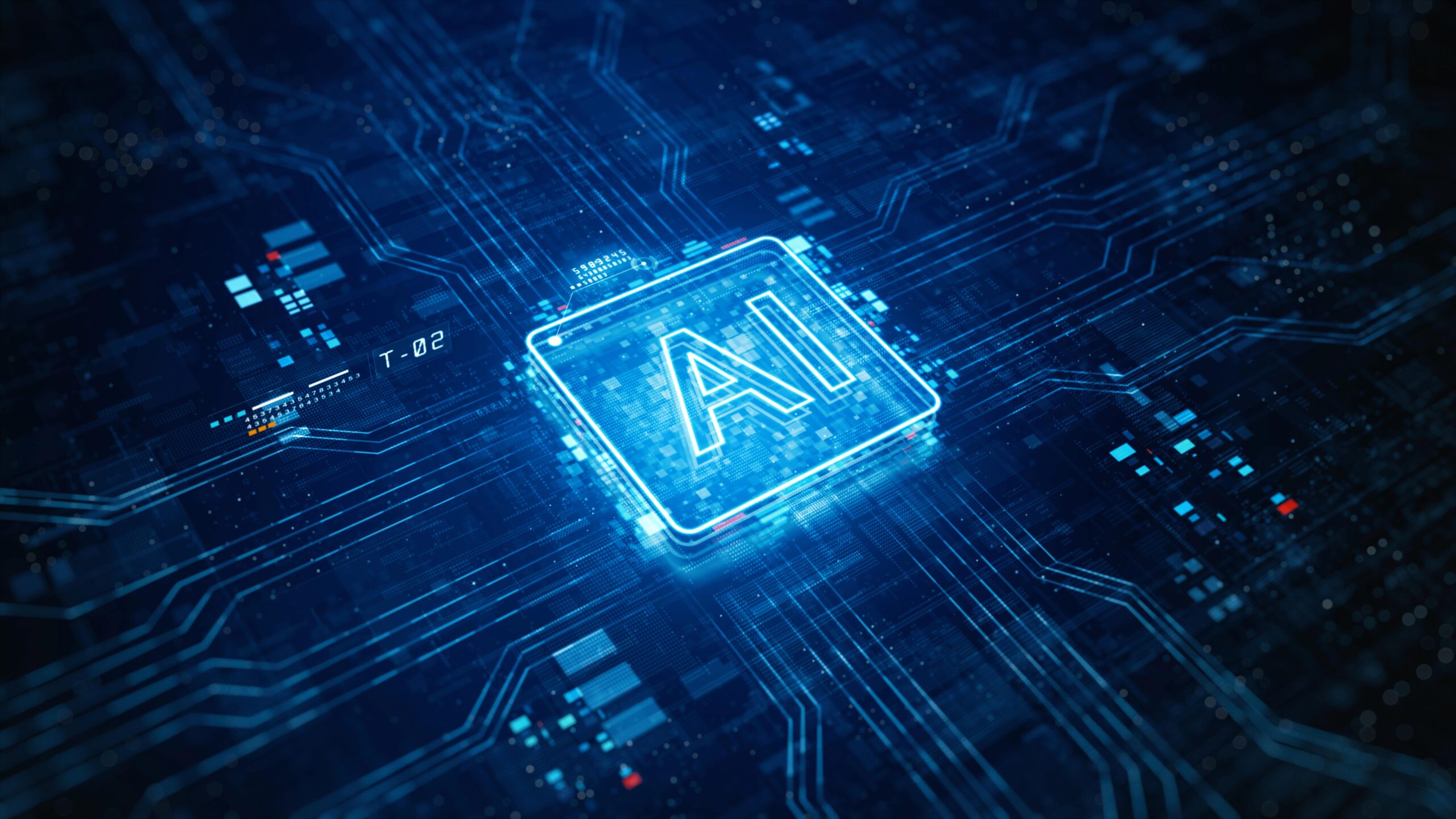New research suggests a welcome alternative to the robot overlord scenario that many people fear could result from the increased integration of AI into our lives. Instead of emotionless robots aiming to manipulate humans, AI systems may rely on something surprising to boost cooperation: guilt. Emotions like sadness, gratitude and empathy have guided human social interactions, facilitating trust and cooperation throughout our evolution. Now, scientists suggest that programming similar emotional frameworks into AI could lead to more cooperative and effective artificial intelligence.
Advanced simulations reveal that even simple AI agents programmed with guilt-like responses significantly enhance cooperative interactions. Researchers published the findings in the Journal of the Royal Society Interface. As lead author Theodor Cimpeanu from the University of Stirling in Scotland explained, “Maybe it’s easier to trust when you have a feeling that the agent also thinks in the same way that you think.”

Guilt as a Strategy for Cooperation
To understand the potential benefits of guilt in AI systems, the researchers employed a game theory scenario known as the iterated prisoner’s dilemma, where cooperation yields mutual long-term rewards despite short-term incentives to behave selfishly. They created AI agents with varying strategies, including a specific guilt-driven strategy, where an agent experiences a penalty after selfish behavior if its partner similarly displays remorse.
The simulations featured 900 agents interacting with neighbors, each following different cooperation and guilt responses. Impressively, the guilt-driven strategy became dominant in many scenarios. When guilt carried relatively low costs and agents interacted primarily with neighbors, cooperation flourished.
Importantly, the AI agents only experienced guilt and the associated point penalty if they knew their partner was also incurring a guilt penalty after behaving selfishly. This approach prevented exploitation and effectively promoted cooperation.
How Guilt Boosts Trust and Interaction
These findings suggest that incorporating guilt-like emotions could make AI interactions more predictable, trustworthy and mutually beneficial. AI programmed with guilt signals a form of reliability and an intention to maintain cooperative relationships, mirroring human social behaviors.
Such emotional programming might become increasingly essential as interactions with AI become routine in various human domains. Researchers propose that compatibility between humans and AI may foster smoother and more reliable interactions.
Challenges and Limitations
While promising, the approach has caveats. Philosopher Sarita Rosenstock from the University of Melbourne, who was not involved in the study, cautions that such simulations rely heavily on theoretical assumptions. She pointed out that “One can’t draw strong conclusions from a single study,” while acknowledging the work as an important exploration into the potential of emotional strategies within AI.
Moreover, distinguishing genuine guilt from feigned remorse in real-world AI systems could pose significant challenges. Rosenstock highlights that current chatbots face no real penalty in expressing apologies, noting, “it’s basically free for it to say ‘I’m sorry.’” Without transparency and accountability, AI might easily mimic guilt without genuine intent or behavioral change.
Future Directions and Ethical Considerations
The research lays the groundwork for potentially integrating ethical decision-making frameworks into AI systems. By enhancing AI’s emotional depth, designers may improve not only cooperation but also ethical responsiveness in real-world applications. Researchers envision evolving complex emotional responses, such as guilt, naturally within AI populations through mutation or self-programming, leading to systems capable of nuanced and ethical interactions.
Much remains to be explored in striking a balance between emotional AI responses and accountability and transparency. As AI integration deepens across society, striking this balance will be vital to maintain genuine cooperation and ethical behavior.
An Optimistic Future with Emotionally Intelligent AI
Incorporating guilt and other emotional strategies might make artificial intelligence more relatable, cooperative and ethically responsible. As these emotional capabilities evolve, they suggest a future where human-AI interactions are characterized not by suspicion and fear, but by trust and genuine partnership.
Did you enjoy this blog post? Check out our other blog posts as well as related topics on our Webinar page.
QPS is a GLP- and GCP-compliant contract research organization (CRO) delivering the highest grade of discovery, preclinical, and clinical drug research development services. Since 1995, it has grown from a tiny bioanalysis shop to a full-service CRO with 1,200+ employees in the US, Europe, Asia, India and Australia. Today, QPS offers expanded pharmaceutical contract R&D services with special expertise in pharmacology, DMPK, toxicology, bioanalysis, translational medicine, cell therapy (including PBMCs, leukopaks and cell therapy products), clinical trial units and clinical research services. An award-winning leader focused on bioanalytics and clinical trials, QPS is known for proven quality standards, technical expertise, a flexible approach to research, client satisfaction and turnkey laboratories and facilities. Through continual enhancements in capacities and resources, QPS stands tall in its commitment to delivering superior quality, skilled performance and trusted service to its valued customers. For more information, visit www.qps.com or email info@qps.com.




